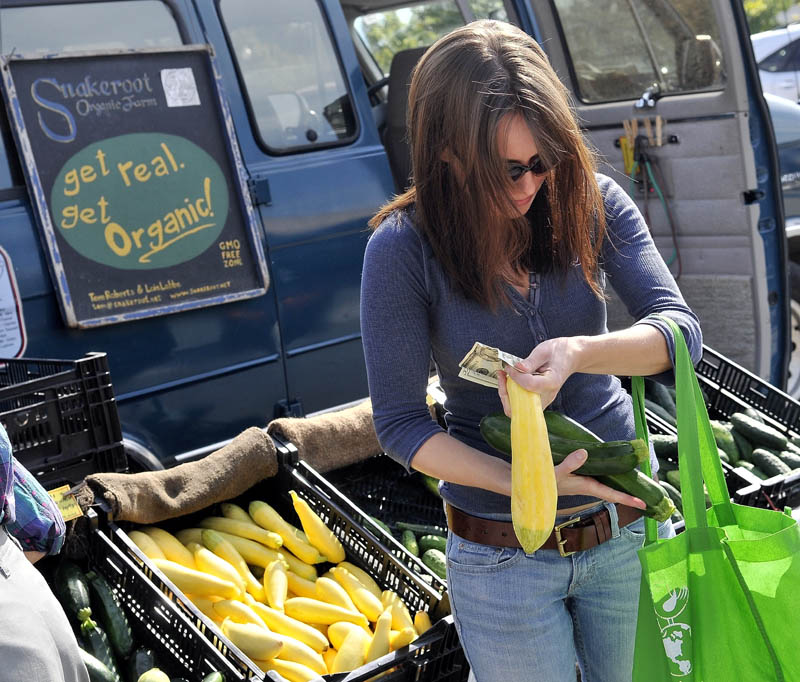For decades now, organically grown produce has been the choice of health conscious, environmentally concerned Americans who have been willing to pay a little more for certified meat, fruits and vegetables.
Now a Stanford University study has reported that there is no evidence that these products have any more nutrients or vitamins than conventionally grown produce. Have the organic consumers been getting ripped off? We don’t think so.
First of all, “organically grown” just means that the farmers did not use chemical fertilizers or pesticides. It is not a claim of super nutritious meat, fruits or vegetables, but a promise that it is free of the most toxic chemicals. In other words, it’s not about what’s in the produce, but what isn’t in it.
But for many consumers, the organically grown label has become a kind of shorthand for a lot of things that those consumers prefer, which go beyond fertilizer and pesticides.
Even though there are large industrial scale farms and orchards that produce organically grown produce, many people associate the label with small, family farms. And they also like to know that the meat, fruits and vegetables they buy were not produced in a way that causes unnecessary damage to the environment, which is another implied promise of the organically grown label. And, even though we see organically grown bananas from South America and organic mangos from the Caribbean on Maine store shelves, the “certified organic” label means “local” to many of the people who seek out these products.
Those are all important values to Maine consumers, and the Stanford study does not address them.
Small farms, whether they are organic or conventional, are a great contributor to the Maine economy, as well as being a great way to productively preserve open space and prevent sprawl development. The kind of practices used by small farmers — especially organic farmers — do less environmental damage than large factory farms.
The Stanford study appears to have been asking the wrong questions, or at least not enough questions.
Vitamins and nutrients are important, but they are not the only thing that goes into a consumers’ decision-making process.
Consumers benefit from having as much information as possible about where the produce comes from and how it was raised.
This study should not, and most likely will not, discourage people from buying organically grown products. But it should encourage everyone to ask more questions about their food.
Send questions/comments to the editors.



Success. Please wait for the page to reload. If the page does not reload within 5 seconds, please refresh the page.
Enter your email and password to access comments.
Hi, to comment on stories you must . This profile is in addition to your subscription and website login.
Already have a commenting profile? .
Invalid username/password.
Please check your email to confirm and complete your registration.
Only subscribers are eligible to post comments. Please subscribe or login first for digital access. Here’s why.
Use the form below to reset your password. When you've submitted your account email, we will send an email with a reset code.